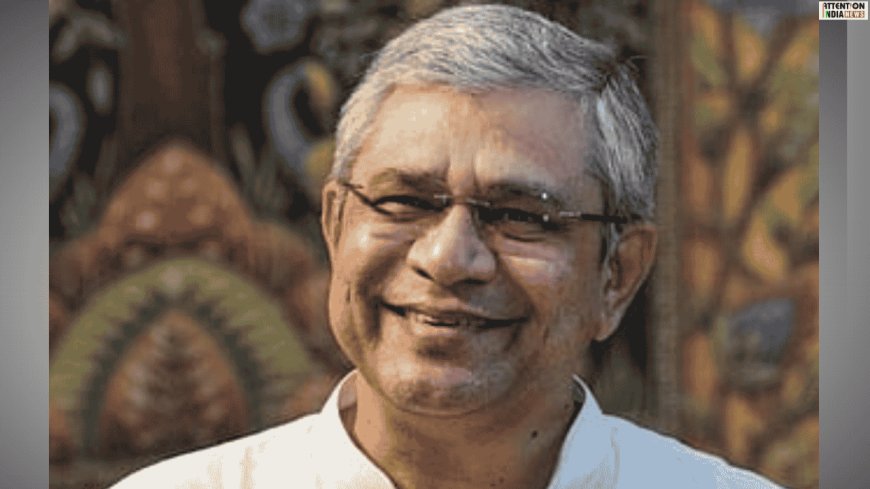8th Central Pay Commission Formed: Justice Ranjana Desai to Head Panel, Report Due in 18 Months
The 8th CPC was formed by the Government to analyse and suggest modifications for salaries and other benefits of central government staff.

New Delhi (India) October 28: The Union Cabinet has also cleared the Terms of Reference (ToR) of the 8th Central Pay Commission (CPC), the commission which will determine pay structure and retirement benefits of central government employees, on Tuesday a government press release said.
Cabinet Clears ToR for 8th CPC
The Union cabinet approved the Terms of Reference (ToR) of 8th Pay Commission, which will benefit nearly 50 lakh central government employees. The Commission will have former Supreme Court judge Ranjana Prakash Desai as its chairperson.
The ToR has been finalised after discussions with a number of ministries, state governments and also staff side of joint Consultative machinery,” Vaishnaw said while briefing the Cabinet decisions on Tuesday.
Extensive Consultations Before Formation
In July, the government had told Parliament that it had sought views of key stakeholders, including ministries of defence and home, department of personnel and training, as well as states on setting up the 8th Central Pay Commission.
Union Minister for Information and Broadcasting Ashwini Vaishnaw said the government has drawn up the commission’s structure, terms of reference and duration.
He said, “As you know, the in-principle approval for the formation of the 8th Central Pay Commission was granted only recently in January, and within a short span, the commission has now been formally constituted. This is a major step that involves extensive consultations. Several ministries with large numbers of central government employees, such as Defence, Home, Railways, and the Department of Personnel and Training (DoPT), were part of the process.”
Key Focus: Pay, Pensions, and Fiscal Sustainability
The panel will give its report within 18 months and the new pay structure would be implemented from January 1, 2026. However, the 8th CPC has to consider the following while making its recommendations.
These involve, among other things, sustainability of the country's finances and economic conditions, need to provide ample resources for developmental expenditure and welfare schemes, unmet liability on account of non-contributory pension schemes, implication of its recommendations on state finances as well as the current compensation structure / benefits in central public-sectors undertakings including government and private sector.
The 8th CPC may also develop a draft report on one or more of the above issues, if considered necessary, as and when recommendations are finalised.
Panel Composition and Leadership
The Commission will consist of one chairman, one part time member and a member-secretary. It shall make its proposals not later than eighteen months after the date of establishment. Justice Ranjana Prakash Desai will be the chairperson. Professor Pulak Ghosh of Indian Institute of Management Bangalore has been named as a part-time member. Members include Petroleum Secretary Pankaj Jain,who will be the member-secretary.
The central pay commissions are appointed every 10 years to look into various issues of emoluments structure, retirement benefits and service conditions of the Central employees and recommend changes in them as it considers necessary.

 Aadrika Tayal
Aadrika Tayal 





